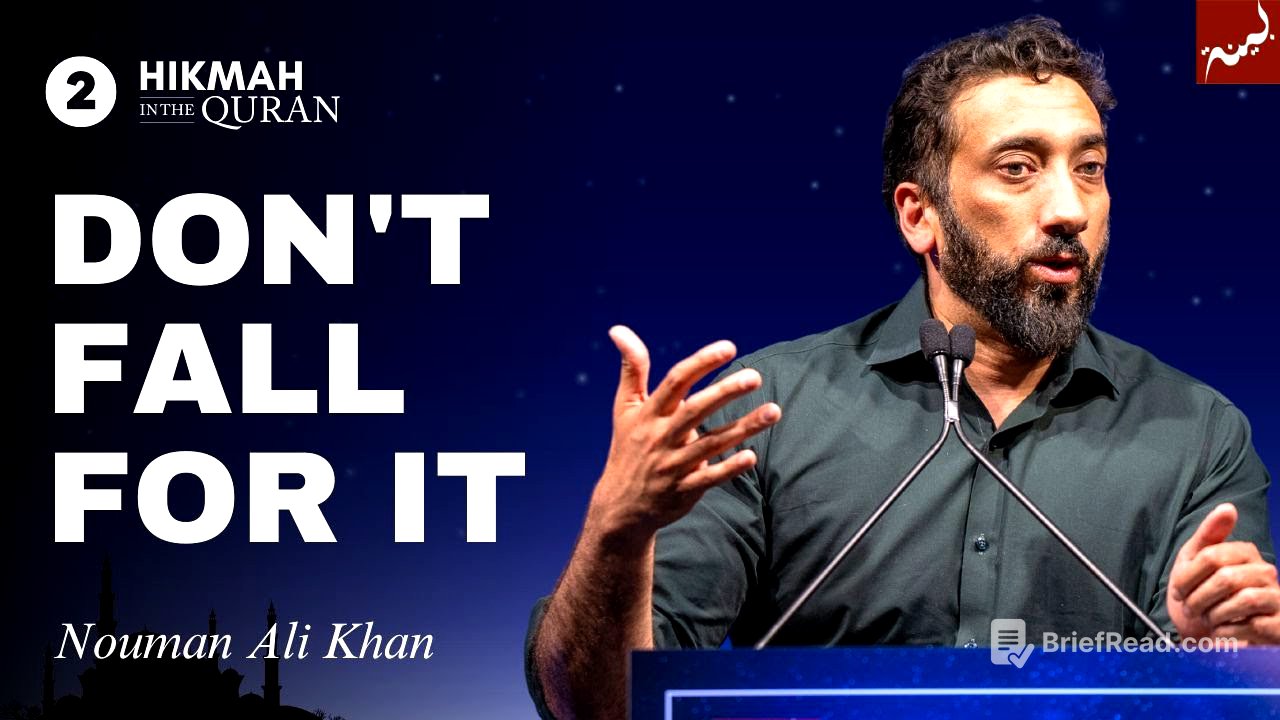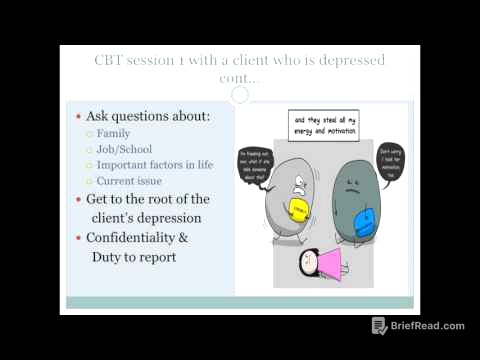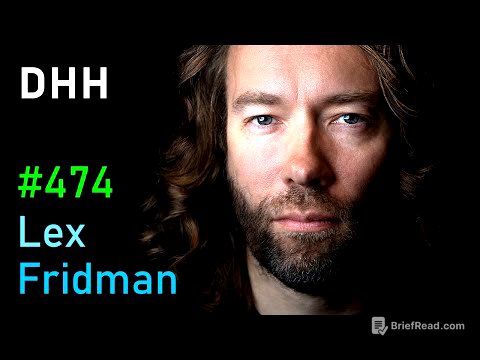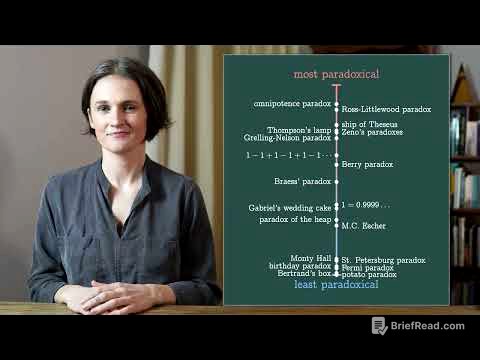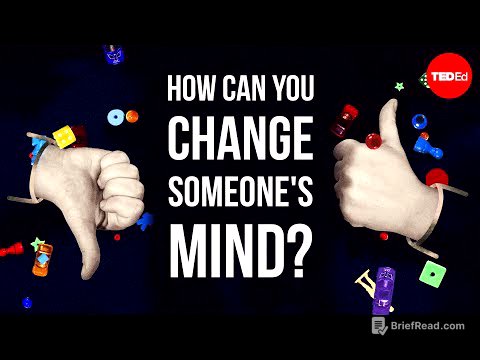TLDR;
This video explores the concept of hikmah (wisdom) in the Quran, emphasizing that it's not just about external knowledge but also about recognizing and developing the inherent wisdom within oneself. It critiques the modern reliance on fleeting, external motivations and encourages viewers to cultivate their internal drive and decision-making abilities.
- Hikmah involves recognizing and avoiding superficial distractions.
- True wisdom requires internal strength and the ability to make sound judgments.
- The Quran suggests that everyone possesses inherent wisdom that can be developed through practice and use.
Introduction to Hikmah and Modern Motivations [0:00]
The lecture begins by addressing the common desire for constant motivation, particularly through short, easily digestible content like TikTok videos. This reliance on external motivation is identified as a lack of hikmah, suggesting a deficiency in internal drive and decision-making ability. The speaker contrasts this with the example of the youth in the cave mentioned in the Quran, who were driven by an internal conviction rather than external validation.
The Nature of Hikmah: Avoiding Worldly Distractions [1:03]
Hikmah is described as the ability to see through the "glitter" or superficial attractions of the world. The speaker uses the example of social media, where individuals often seek validation through likes and comments, tying their self-worth to their virtual existence. This obsession with online presence can shape one's perception, even influencing how one approaches Islam. True hikmah allows one to recognize the temporary and often worthless nature of these distractions, preventing them from filling a deeper void.
Defining Hikmah: Putting Things in Their Rightful Place [5:16]
Hikmah is further defined as "putting things where they belong," emphasizing the importance of acting on wise counsel and using sound judgment. While there are different interpretations of wisdom, they all converge on the idea of understanding and applying knowledge appropriately. The Sunnah clarifies the laws of Allah, aiding in this understanding.
Two Types of Hikmah: Revelation and Internal Wisdom [6:10]
The lecture distinguishes between two types of hikmah: that which comes from Allah (revelation, the Quran, and the Sunnah) and that which comes from within oneself. The focus shifts to the latter, addressing the common sentiment of feeling inadequate or lacking wisdom. The speaker argues that just as physical strength is developed through exercise, internal wisdom is strengthened through practice and application.
Developing Internal Hikmah Through Practice [6:46]
Using the analogy of physical exercise, the speaker explains that everyone possesses the basic capacity for hikmah, but it needs to be developed and strengthened. Just as unused muscles atrophy, the ability to make good decisions weakens with disuse. The reliance on external motivation is seen as a sign of this weakened internal hikmah. The Quran's empowering message is that the fundamental ability to do the right thing already exists within each individual.
Conclusion: Encouragement to Study and Understand the Quran [11:18]
The lecture concludes with an invitation to explore the resources available on Bayyinah TV, encouraging viewers to embark on a journey of understanding the Quran. The platform offers a structured approach to learning, making it accessible for individuals and families to integrate Quranic study into their lives.
